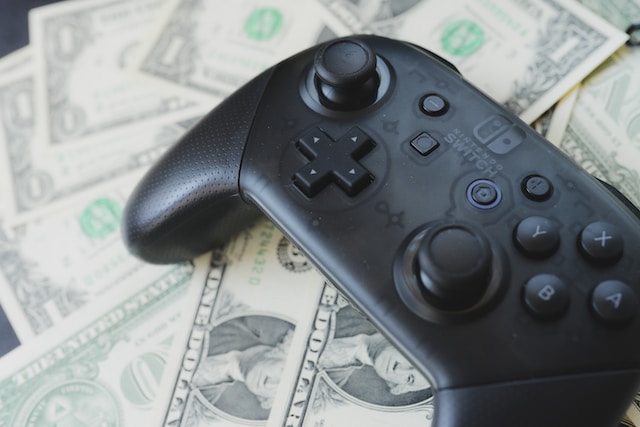It’s one of the newest types of gaming, and one you might not even have heard of. Yet it’s taking the US gaming market by storm, and is predicted to generate $16 billion in global revenue in 2024.
No, it’s not a new Pokemon game – at least, not entirely. The phenomenon in question is paid competitive gaming, or PCG as it is becoming known. PCG is characterized by player vs player games that are skill-based in nature, that match players of similar skill levels and offer real money prizes, or at least rewards that can be converted to real money.
PCG is not the same as casino gambling
People see PCG platforms and often confuse them with online casinos. But although there are some surface similarities, the two are conceptually distinct types of gaming. That’s important to know from a regulatory perspective, especially in nations like the US with state-specific rules.
The important thing to remember about casino games is that they are luck-based and are set up such that the casino consistently wins more that it loses. If it didn’t, the casino would soon be out of business. Casinos have numerous games available, but roulette is the best example. Suppose you play a live roulette online casino game at your favorite US mobile casino platform. Red or black or perhaps a single number, there is no way to predict what is more likely, and you’ve no better chance of winning if you’ve played every day for 10 years than if you are a first timer.
Casinos allow a skill-based factor of up to four percent, so that allows for things like knowing when it’s best to hit or stand or split a pair in blackjack. But mostly, fortunes depend on the spin of a reel, the turn of a card or the roll of the dice.
PCG presents a battle of skill
PCG is actually closer in nature to eSport, in as much as it pits players against one another on level terms and rewards the better, the faster or the highest-scoring. The distinction is the PCG is almost all mobile, and the games are quick and straightforward.
Jewel matching games and card games like solitaire are among the most popular. Citing a card game as skill-based might sound a little strange after the distinction we just drew, but PCG platform games removes the element of luck by dealing exactly the same hands to all players.
Most PCG games offer players a choice of playing for in-game tokens, or for real cash or a combination of both. Typically, it is possible but laborious to earn sufficient in-game coins to transfer into hard cash. Games are not “fixed” in anyone’s favor, so are genuinely fair, and the PCG provider only acts as a conduit for the player to interact with games and the wider faming community. It is funded by subscriptions, advertising and some licensing deals.
PCG has become one of the biggest gaming crazes of the year in the US, which is single-handedly responsible for more than 40 percent of PCG revenue. It also presents great stickability. Abandon rates are low, and most of those who leave “for a break” return within two weeks.
Blockchain collaborations seem inevitable

Many in the industry were predicting that this would be the year blockchain would really take off as a mainstream tool and a great career opportunity. They also predicted that gaming would be one of the magic ingredients that would speed it on its way. Things have turned out a little differently so far.
The problem with garnering mainstream appeal is that blockchain is often seen as a fabulous solution to a problem that has never quite been defined. New blockchain games sound very interesting and clever, but still, nobody has asked for them, and their appeal is still limited to to tech geeks.
With PCG, however, blockchain could step in to a new and trending gaming niche to make life much easier for gamers. The interface between playing for real money and for in-game tokens is still one of the areas that is hardest to negotiate. How do you put a dollar value on 1,000 blue jewels or 100 gold coins in a game?
With blockchain PCG, the in-game tokens already have real money value, and the very act of competing in the game zone can serve to generate value within the crypto ecosystem. Is PCG monetization at last the problem that blockchain has been seeking to solve? Only time will tell.
